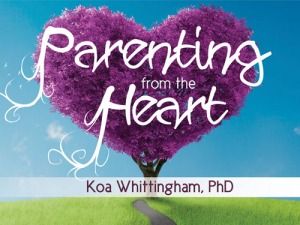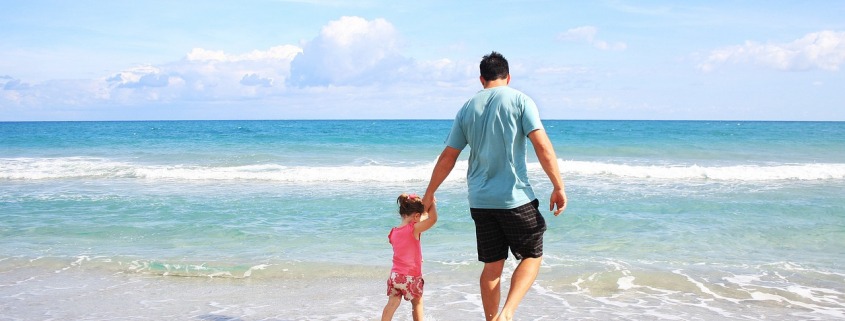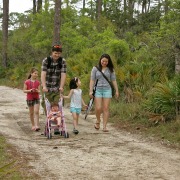We are not a bunch of over-cautious, anxious ‘helicopter’ parents: in defence of my generation
I’m tired of commentators saying that the current generation of parents, my generation, is over-cautious, anxious and indulging in unprecedented amounts of ‘helicopter parenting’. I’m tired of the unexamined nostalgic longing for the ‘good old days’ when children roamed freely around the neighbourhood. I’m sick of people attributing changing social norms to dysfunction in my generation, instead of asking how the world and our understanding of it may have changed. Yes, the current generation of parents, my generation, makes different judgements on the level of risk involved in, for example, allowing our children to play with neighbourhood children without direct adult supervision, or allowing our children to walk by themselves to school, or leaving our children in the care of an adult we don’t know particularly well. But, of course we do… The reality is there are certain childhood dangers that we, as a society, are more aware of.
Historically, childhood sexual abuse has probably always existed but it is only relatively recently that we, as a society, have recognised its prevalence and its gravity. As horrific as childhood sexual abuse is, it is not rare. As many as one in three girls and one in six boys will be sexually abused in some way before the age of eighteen. The perpetrator is most likely to be someone your child knows, for example, a family member, a family friend or someone in a respected role. As a society, we have only just begun to parent in the shadow of statistics like this. It is any wonder that we are now reluctant to simply drop our children off at a friend’s house for a play? Is it really surprising that our generation is less likely to entrust our child into the care of another adult without getting to know that adult thoroughly? And is this change in behaviour really not in our child’s best interests?
It is also only recently that bullying, the victimisation of one child by another child, has been recognised as a serious matter and not just a normal part of childhood. As many as one in four children will experience bullying at some point, and bullying can have serious psychological consequences including depression, anxiety and even suicide. Victims of bullying are often reluctant to share their experiences with adults. With bullying now recognised as a serious and common childhood threat, is it any wonder that the current generation of parents sees risks involved in allowing children to roam the neighbourhood? Is it really surprising that we recognise that amongst groups of children playing regularly without any adult presence, bullying is likely to arise in some form? And that this is not trivial?
Parents vary in how cautious they are and each parent must judge the risks of any particular action for their child, in the context in which they live. In every generation there will be parents who are more or less cautious. But let’s stop this knee-jerk reaction to changing social norms of dismissing the current generation as misguided and longing for the ‘old good days’. Sometimes things change for a reason…
Apply it to your life: Are your judgements of risk different to that of previous generations of parents? Why do you think that is?
For more information on childhood sexual abuse
For more information on bullying














Leave a Reply
Want to join the discussion?Feel free to contribute!